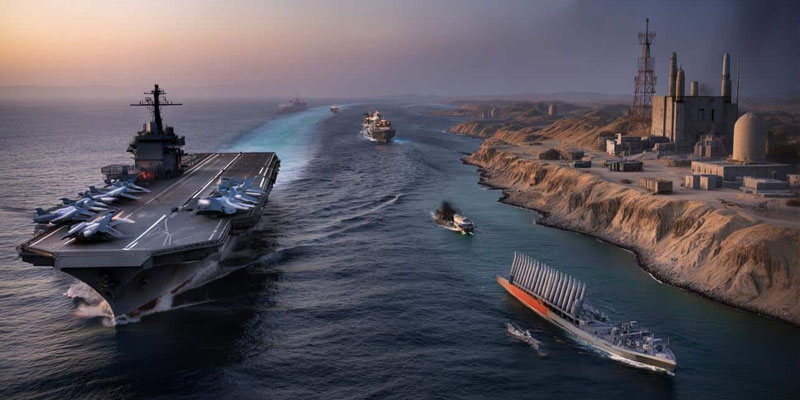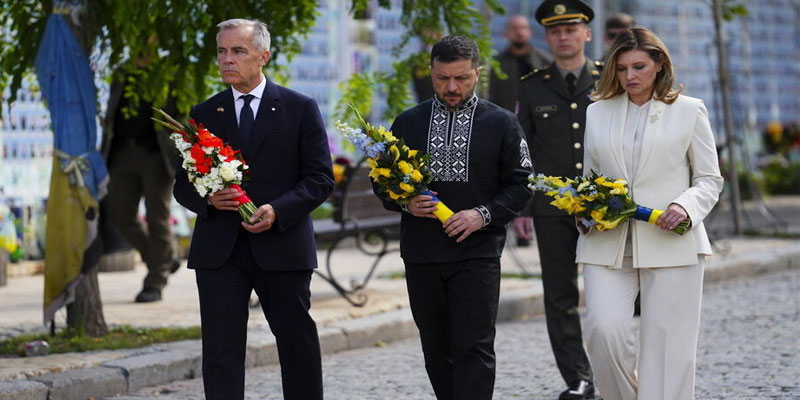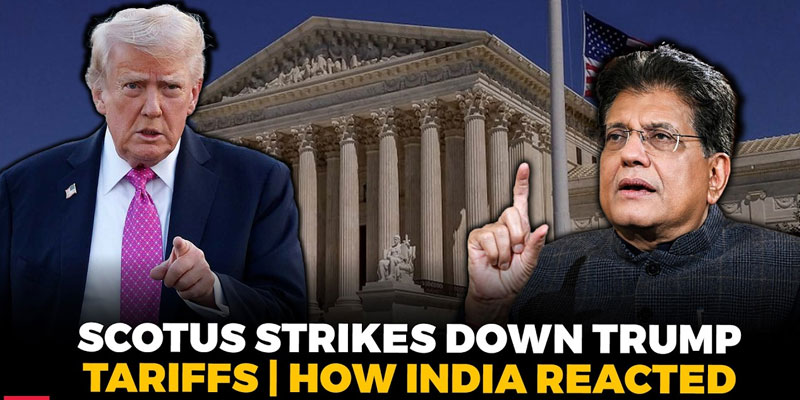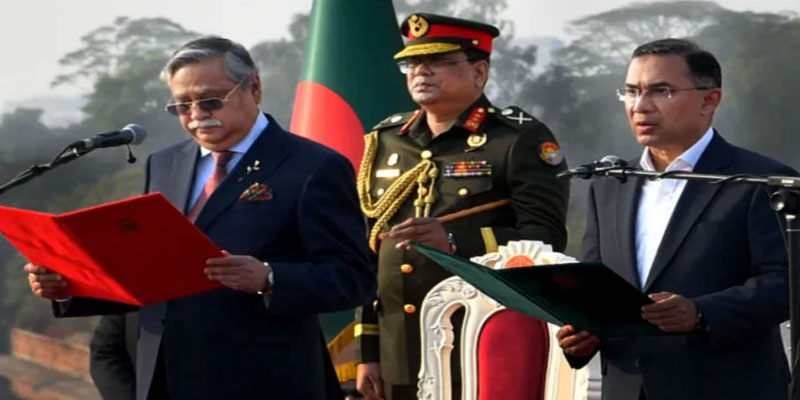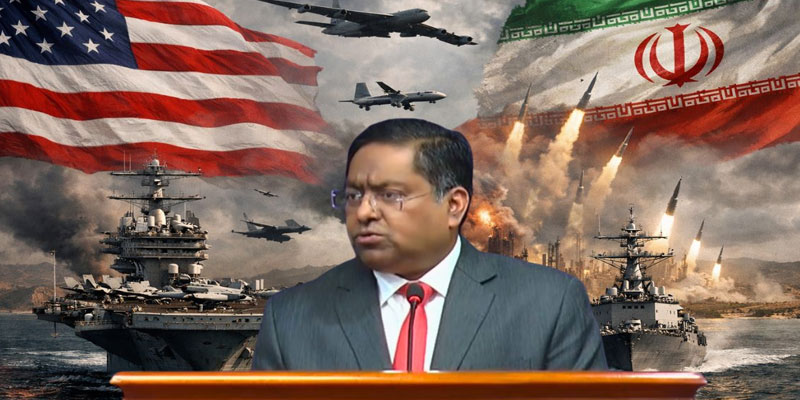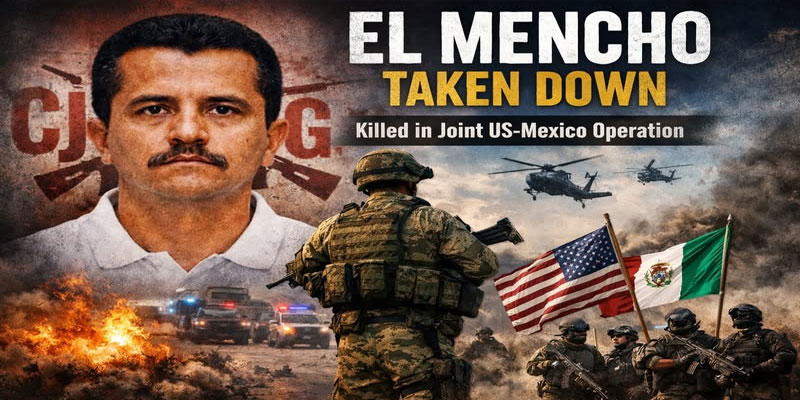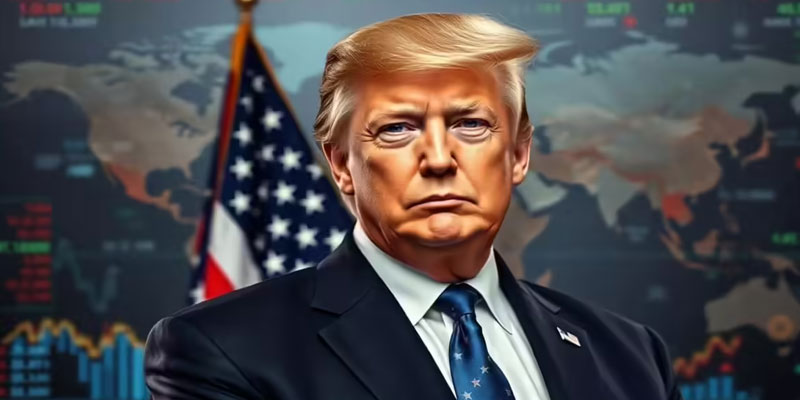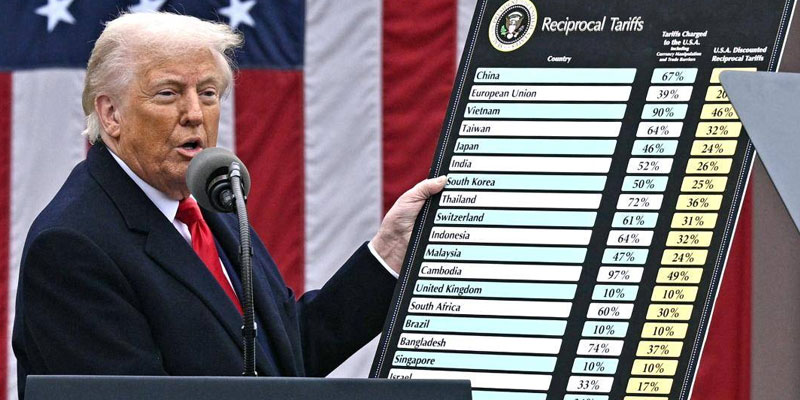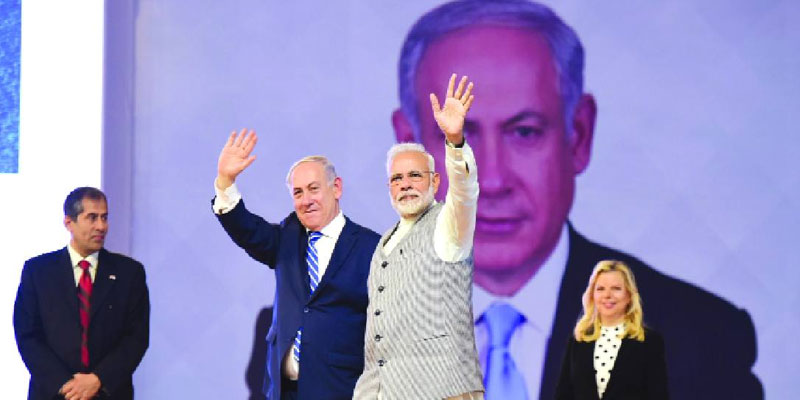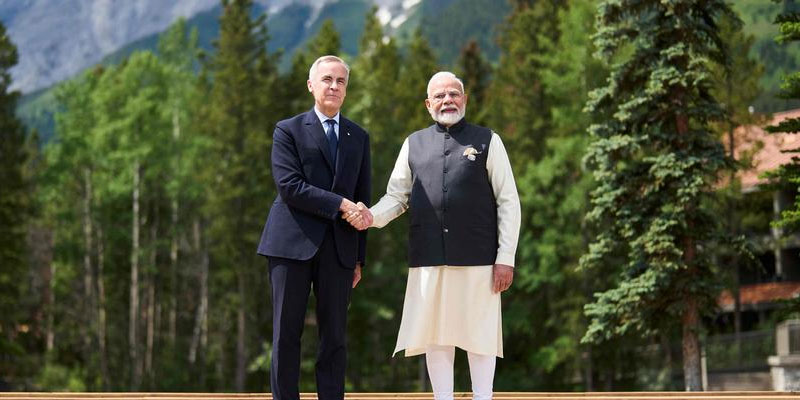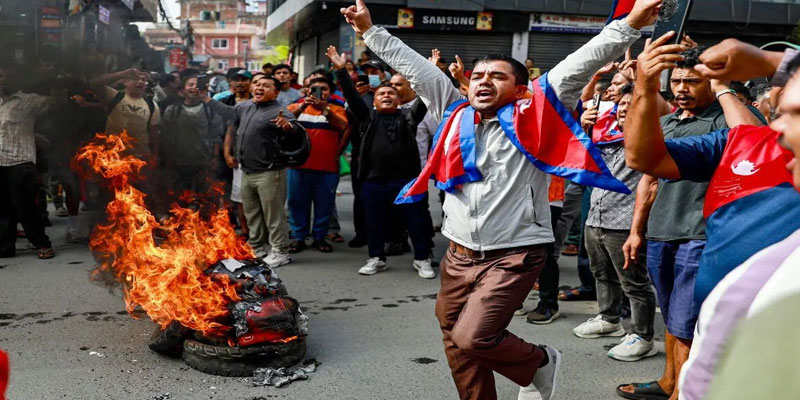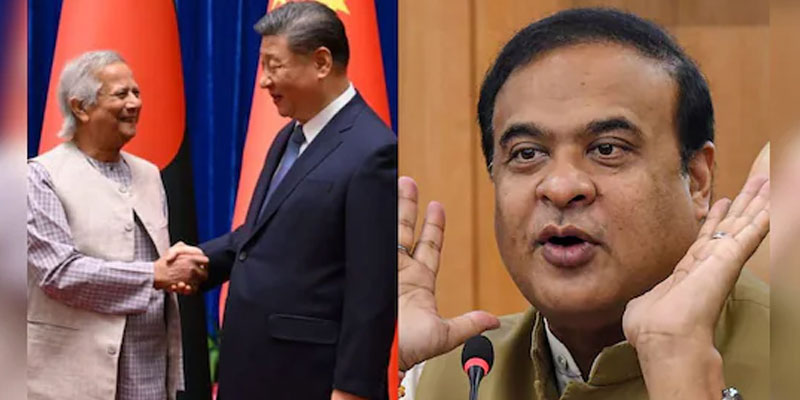National Guard Deployment Marks Turning Point in Immigration Unrest
Trump deploys 2,000 more National Guard troops in Los Angeles
As demonstrations against immigration raids reached their fourth consecutive day in Los Angeles, President Donald Trump authorized the deployment of an additional 2,000 National Guard troops, bringing the total to over 4,100 troops on federal orders. The Pentagon also announced the deployment of 700 Marines to assist in downtown LA, citing escalating protests and public disorder.
The move has intensified tensions, especially between federal authorities and California’s state leadership, as critics call it a politically charged show of force.
What Sparked the Protests?
The current unrest began last Friday when federal immigration agents conducted a coordinated crackdown across Southern California, arresting over 40 undocumented immigrants in a single day. The raids, widely condemned by immigrant rights advocates, triggered immediate protests—initially peaceful—that escalated into confrontations over the weekend.
Protesters, many of them day laborers and community activists, gathered at multiple sites including a hardware store parking lot and outside City Hall. Police arrested 29 people on Saturday and 21 more on Sunday, with charges ranging from failure to disperse to assault and attempted murder using Molotov cocktails.
According to the Los Angeles Police Department, more than 600 rubber bullets and tear gas canisters were used to disperse crowds, resulting in minor injuries to five officers. Meanwhile, immigration arrests surpassed 100 by Monday, with continued raids across the region.
National Guard and Marines: Who Authorized What?
The deployment of troops—especially without the consent of California Governor Gavin Newsom—has raised constitutional concerns. Historically, federalizing the National Guard without state approval is extremely rare, last occurring during the 1965 civil rights marches in Alabama.
Defense Secretary Pete Hegseth announced the Marine deployment on Monday via social media, stating the mission was to “restore order.” However, LA Police Chief Jim McDonnell voiced concern, calling the Marines' arrival “an operational challenge” since it bypassed coordination with local law enforcement.
The Marines are operating under strict federal guidelines, which reportedly allow them to protect federal property and personnel and detain civilians temporarily if under assault, though they are instructed to de-escalate wherever possible.
Political Fault Lines Deepen
The troop surge has amplified an already fierce political divide. Governor Gavin Newsom called the move “reckless and inflammatory,” adding that it would “only escalate tensions.” He vowed legal action, stating:
“This isn’t about public safety. It’s about stroking a dangerous President’s ego.”
President Trump, in contrast, referred to the protesters as “violent, insurrectionist mobs” and defended the military response:
“They spit, we hit.”
Trump further endorsed suggestions that Newsom should be arrested for obstructing federal enforcement—a notion pushed by his border czar, Tom Homan.
Meanwhile, Los Angeles Mayor Karen Bass pleaded with the federal government to “stop the raids” and accused Trump of using the city as a political test site.
“I feel like we are part of an experiment we didn’t sign up for,” she said.
Congressional and Public Reaction
Attorney General Pam Bondi confirmed federal charges would be pursued against anyone assaulting law enforcement or looting. Meanwhile, Democrats like Rep. Maxine Waters were blocked from entering a local detention facility, sparking further outrage. Republicans like Rep. Marjorie Taylor Greene mocked Waters online, highlighting the partisan polarization.
Senator Adam Schiff urged protesters to remain peaceful, whereas Senator Marsha Blackburn responded with hardline rhetoric:
“Deportations have never sounded better.”
Inside Trump’s Immigration Agenda
Since taking office in January, Trump has taken a hard stance on immigration, signing a flurry of executive orders aimed at rapid deportation. Most recently, ICE detained over 2,200 people in a single day, the largest sweep in agency history. Trump has promised 3,000 arrests per day, expanded expedited deportation powers, and ordered asylum seekers turned away at the border without hearings.
These policies form the backbone of Trump’s "mass deportation" pledge, which critics say weaponizes immigration enforcement to score political points, particularly in blue states like California.
A Nation on Edge
The ongoing deployment of military forces in Los Angeles reflects a troubling shift in federal-state relations and a deeper erosion of civil liberties under the guise of national security. While public order is paramount, the decision to deploy troops without state consent sets a dangerous precedent.
What America needs is dialogue, reform, and humane enforcement, not brute force. Using tanks to solve societal fractures only deepens the divide. If history teaches us anything, it’s that democracy weakens not through protest—but through authoritarian overreach cloaked in law and order.
(With agency inputs)



